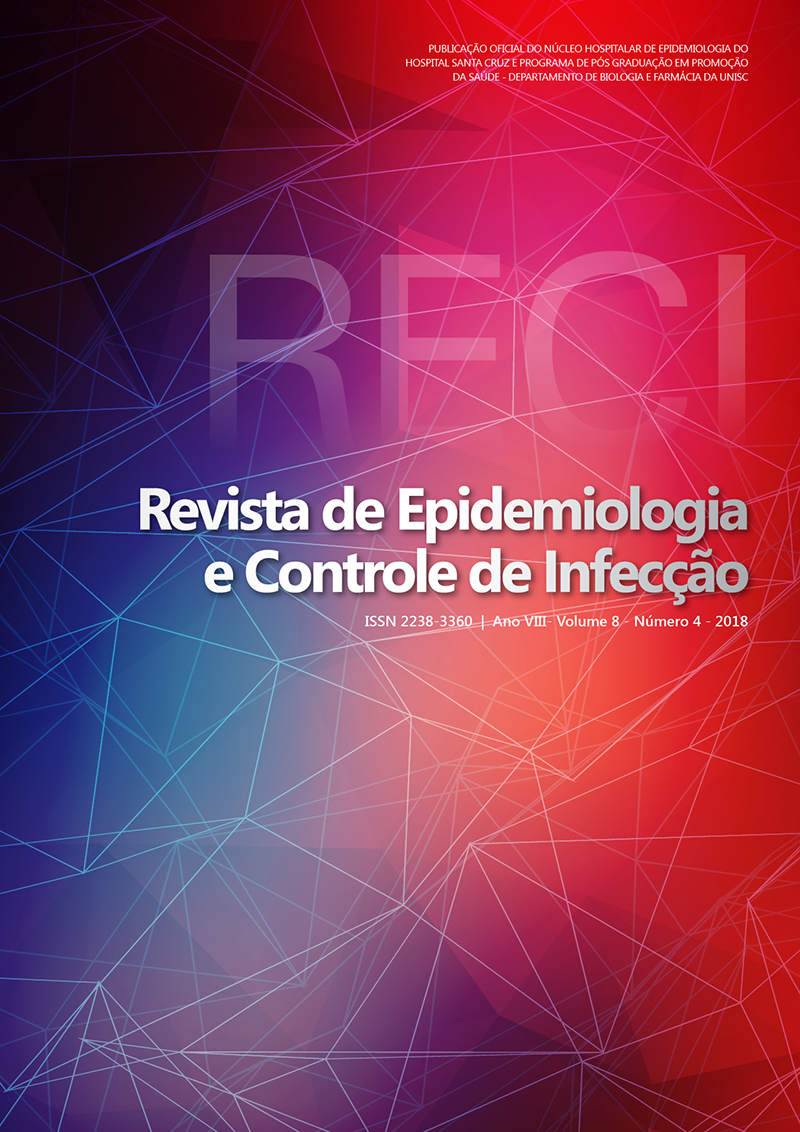Characteristics of functional constipation in children from zero to twelve years old attended in a pediatric gastroenterology outpatient clinic
DOI:
https://doi.org/10.17058/reci.v8i4.11253Abstract
Background and Objective: The characterization of constipation leads a preventive approach. The study has as its objective to know the characteristics of constipation in children attended in a specialized outpatient clinic. Methods: It is a cross-sectional, quantitative and descriptive study, with questionnaire application during the first outpatient care of pediatric gastroenterology, between August 2014 and October 2015. In the selection of patients, the criteria of ROMA IV and the report of hematochezia and dyschezia were used. A clinical-epidemiological profile of the children, prevalence of the main symptoms, comorbidities and previous treatments was carried out. In the food history, it was included questions about parent / caregiver satisfaction regarding the child's intake of food and fluids. Data analysis and processing were performed with the Statistical Package for the Social Sciences (SPSS) program version 22.0. Results: Constipation complaints occurred in 29% of the new patients. Mean of 4.3 years with onset of symptoms, mostly in the first year of life (71.0%). The main comorbidity was food allergy and 77.6% were already undergoing treatment. Exclusive breastfeeding did not occur in 19.4%. The mean age of introduction of the formula was 4.89 months. The introduction of cow's milk in the diet was on average at 9 months. The intake of fruits and vegetables, considered satisfactory in 25.8% and of water in 57%. Conclusion: The study showed that children with intestinal constipation from a specialized outpatient clinic have a high prevalence of onset in the first year of life. Encouraging breastfeeding and proper feeding guidelines at weaning are still considered the best form of prevention.Downloads
Downloads
Published
How to Cite
Issue
Section
License
The author must state that the paper is original (has not been published previously), not infringing any copyright or other ownership right involving third parties. Once the paper is submitted, the Journal reserves the right to make normative changes, such as spelling and grammar, in order to maintain the language standard, but respecting the author’s style. The published papers become ownership of RECI, considering that all the opinions expressed by the authors are their responsibility. Because we are an open access journal, we allow free use of articles in educational and scientific applications provided the source is cited under the Creative Commons CC-BY license.


